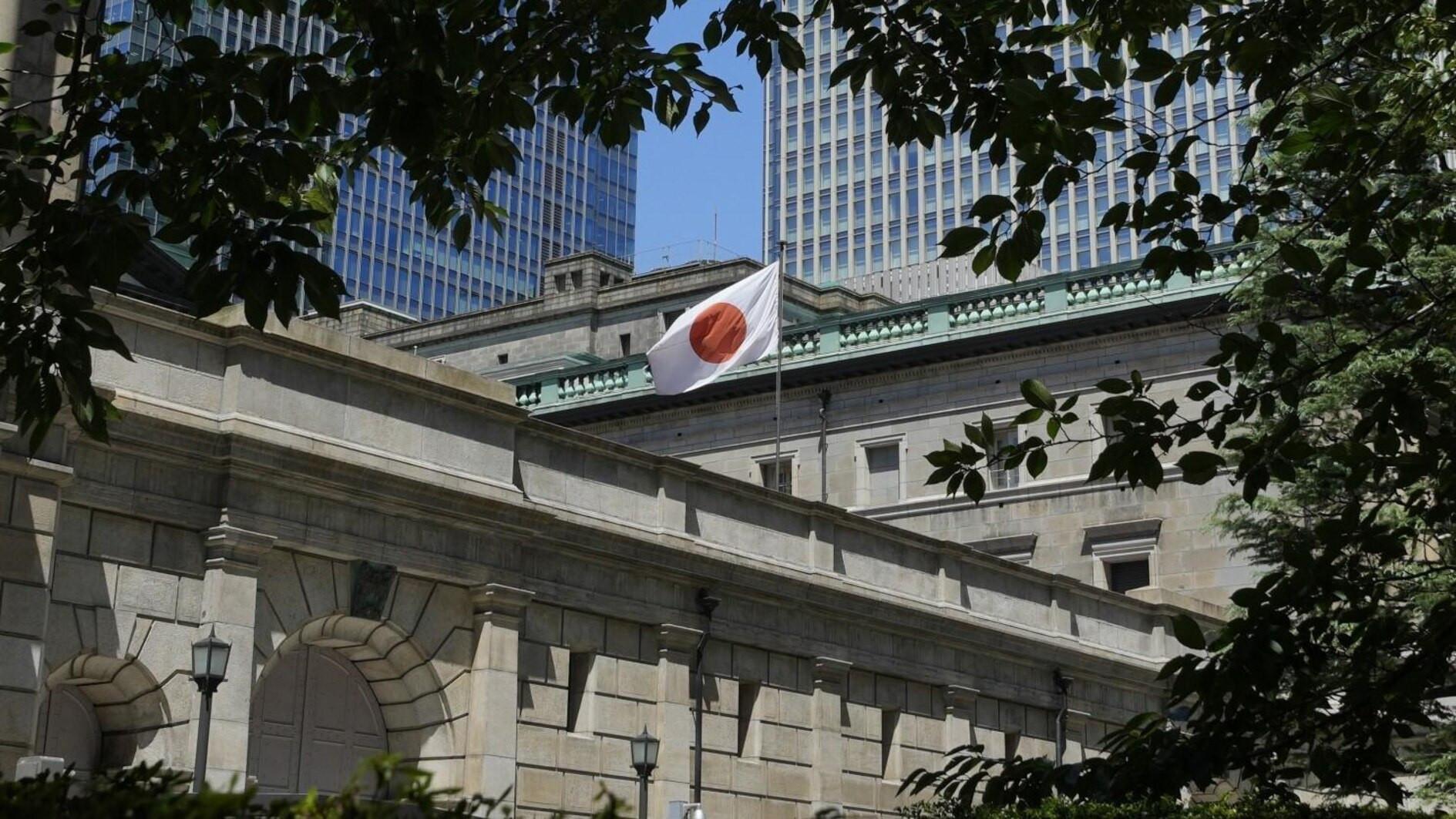
The Bank of Japan warned on Thursday of "high uncertainties" following the ruling party's worst election result in 15 years, as it kept interest rates unchanged.
Last week’s snap election saw Prime Minister Shigeru Ishiba's coalition lose its majority, likely forcing him to head a minority government with case-by-case support from other parties to pass legislation.
Businesses and economists worry that as concessions to other parties, Ishiba will offer tax cuts and higher spending, and go slow on reforms needed to improve Japan's competitiveness.
There are also concerns that the government may pressure the BoJ to take a break from its gradual normalisation begun this year of its ultra-loose monetary policy, even if it leads to a weaker yen.
The BoJ was for a long time an outlier among major central banks, sticking to its ultra-loose policy in an attempt to see demand-driven inflation of two percent fuelled by wage increases.
The BoJ raised borrowing costs in March for the first time since 2007, and did again in July, signalling that more hikes were on the cards.
But the BoJ said Thursday it was keeping its main interest rate unchanged, as widely expected, warning of "high uncertainties surrounding Japan's economic activity and prices."
The bank again signalled that it would raise borrowing costs if inflation develops as it expects, saying the Japanese economy "is likely to keep growing at a pace above its potential growth rate."
The BoJ said it expected inflation of 2.5 percent for the current fiscal year to March 2025 before moderating to 2.0 percent in the following two years.